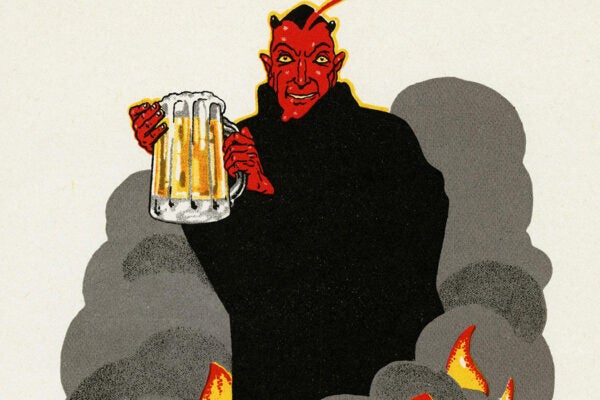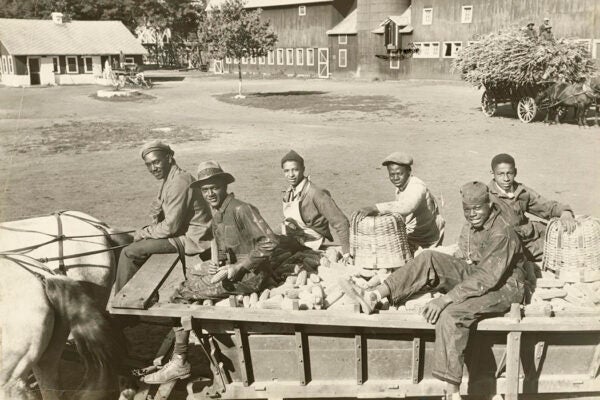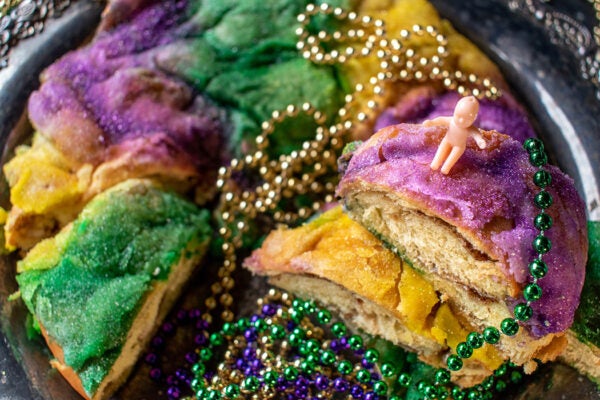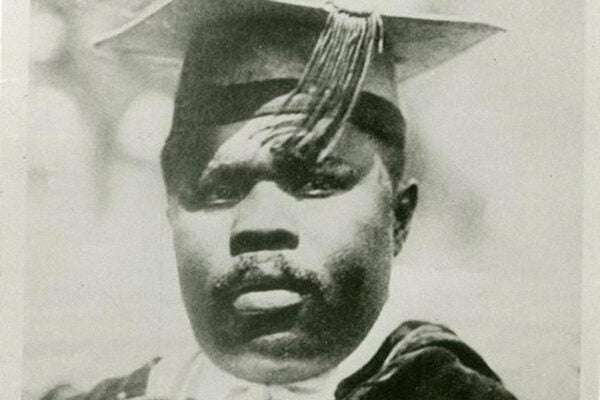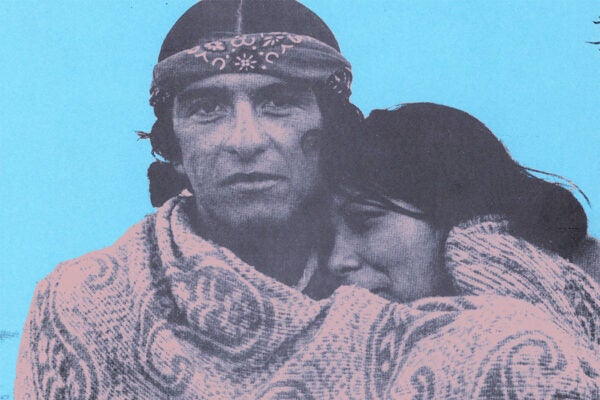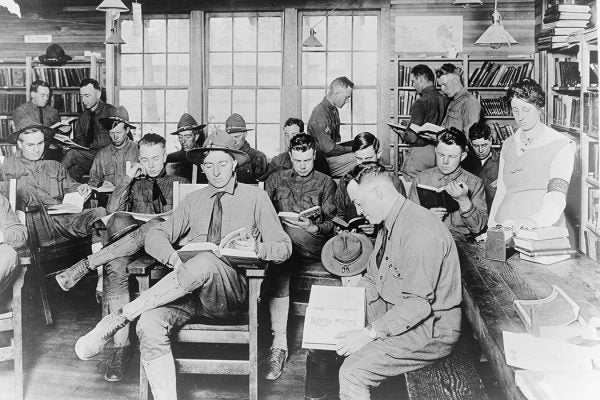What is a Symbol?
A symbol can be any object, character, color, or even shape that represents an abstract concept without explanatory text. But wait, there's more!
Gatekeeping Psychology
In the mid-twentieth century, psychologist Edwin Boring attributed the limited role of female psychologists to issues other than discrimination.
Even the Best Jim Crow School…Was Still a Jim Crow School
Before Brown v. Board of Education, Black activists split between integrationist and separatist factions, particularly at New Jersey’s Bordentown School.
Should We Teach K-12 Students the History of King Cake?
King cake, eaten during Carnival season in New Orleans, is more than just a sugar-sprinkled treat. Should students learn about its connections to white supremacy?
Marcus Garvey and the History of Black History
Long before the concept of multicultural education emerged, the United Negro Improvement Association pushed for the teaching of Black history and culture.
Elements of Design: Spotlight on Color
Color, like line, shape, texture, and the other elements of art and design, communicates meaning and creates visually compelling experiences. Here's how.
What Can Native American People in Prison Teach Us About Community and Art?
An exploration of creativity, ingenuity, and resilience using the American Prison Newspapers collection and JSTOR. The second curriculum guide in this series.
Exploring Images In (and Out of) Context
When you think you understand an image, ask yourself what contextual information might be missing.
Why Learn to Read?
The value placed on literacy has changed over time, shifting from a nineteenth-century moral imperative to a twentieth-century production necessity.
The Story Behind “This is Your Brain on Drugs”
How did the campaign behind the Partnership for a Drug Free America’s iconic commercials develop, and why were its products so memorable?
